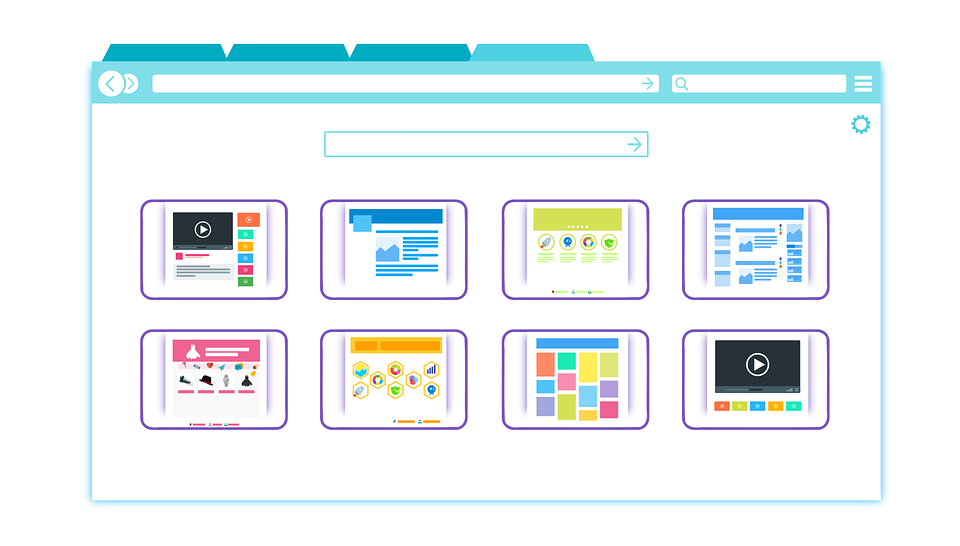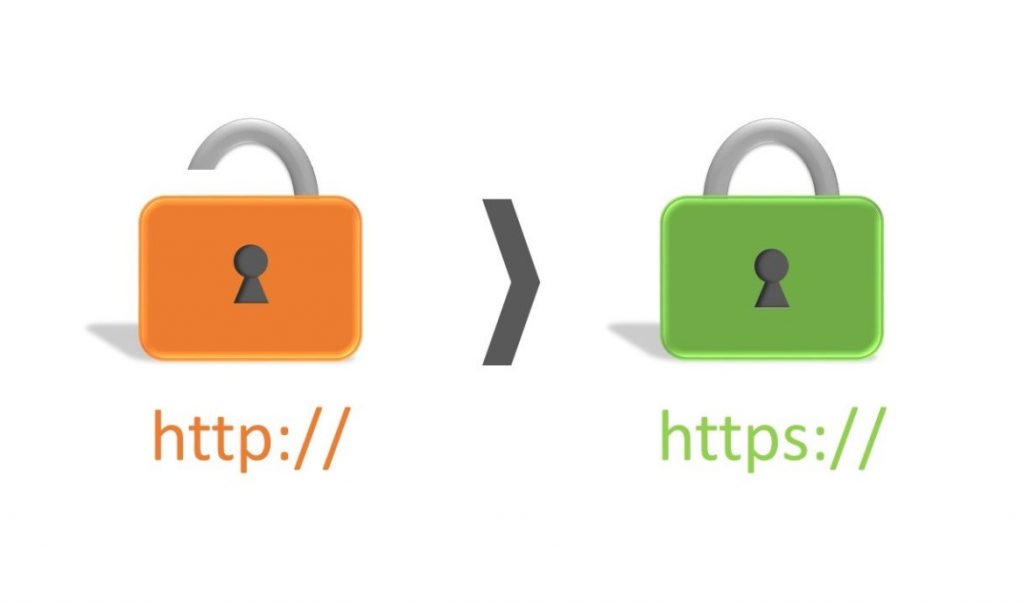
Indispensable Things You Must Consider When Hiring Mobile Application Development Company
The business is depending on mobile as mobile application market has grown significantly and playing important role in any business. Technology has growing day by day and small to large business is required to having their mobile applications. Therefore, it is unacceptable to make mistakes while hiring an app developer. You should be sure and careful before hire any app developer as it will make and break situation for you.
We are showing some common mistakes that you should avoid while hiring a mobile app developer for your mobile application.
Confirm the credibility of mobile app developer
This is the most important step before hiring an app developer or mobile app development company. You should ensure their skill sets; their portfolios, their past clients and much other required stuff. Also, try to connect with their past clients and discuss their experience with them, so you get a better idea before hiring any app developer.
Schedule an interview with the developer
This is another important fact irrespective to the company you should take interview of the mobile app developer who will engage in your project. You can better understand the developer’s skills, thoughts and whether s/he enables to understand your requirement or not.
 Source: Pixabay
Source: Pixabay
Don’t choose price instead of skills
We agree that budget main constraint of any project while hiring app developer for small and medium size company but that doesn’t mean you should give priority to price over technical skills. You should ensure you hire best app developers who have the right skill for your project and quite affordable, as well.
Don’t be in a hurry to go live
Developing a mobile application is not an easy process. It is a teamwork of all the stakeholders, designers, developers and QA team. None of the developers can able to create an application in no time, so beware from app developers who are promising to complete your application in a few days.
Expert in niche
You should hire an app developer who has worked previously in your industry, as it will give you confidence that they will complete your project successfully. Less knowledge of your niche will give you bad results and you have pitiable mobile application.

Source: Pixabay
Not owning your intellectual property
While you hire mobile app development company or hire an app developer, you should do contract with them for rights of your ownership of source code as well as other properties those are used in your application. It will be useful if you want to upgrade or any changes with other company.
Don’t continue with the unfinished team
You should be in daily communication with the development team and check the daily progress. At a certain level, you might feel that they are behind from the actual time & products are also not up to the mark and will not be able to achieve the deadline. At that time, you should move away from them and hire professional app developers that can fulfill your requirements and complete your project on time.
Conclusion:
We have tried to cover a few common mistakes business owners should avoid while hiring app developer. The world is full of competition and if you desire to stay ahead of your competitors then you should hire app developers who are professional and dedicated to their work. Theunpluggedweb is one of the best mobile app development company in the USA with the team of dedicated developers who are always keen to provide an innovative application for your business. We have expertise in iOS, Android, iPad, and many other technologies.








 Kenneth Evans is a Content Marketing Strategist for Top App Development Companies, a research platform for top app development companies in USA, UK, India, UAE, Australia and around the world. He has been contributing to various blogging platforms and Forums.
Kenneth Evans is a Content Marketing Strategist for Top App Development Companies, a research platform for top app development companies in USA, UK, India, UAE, Australia and around the world. He has been contributing to various blogging platforms and Forums.






















